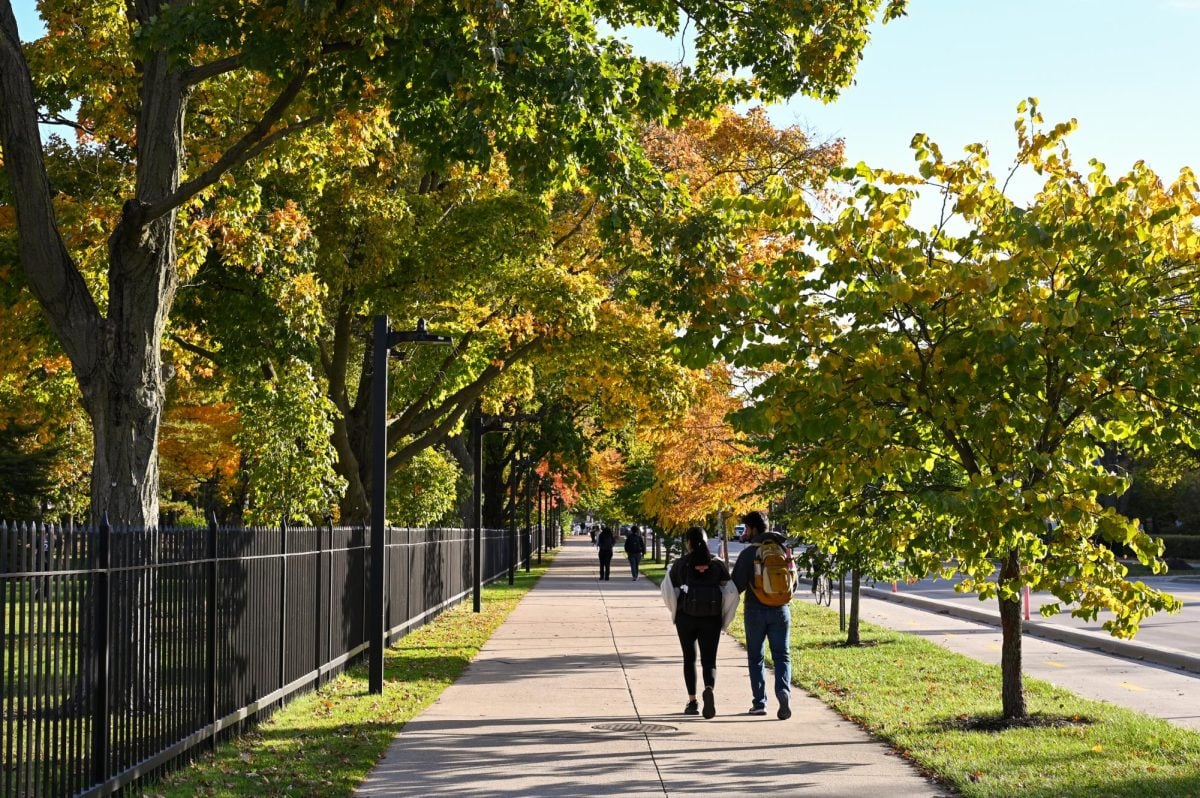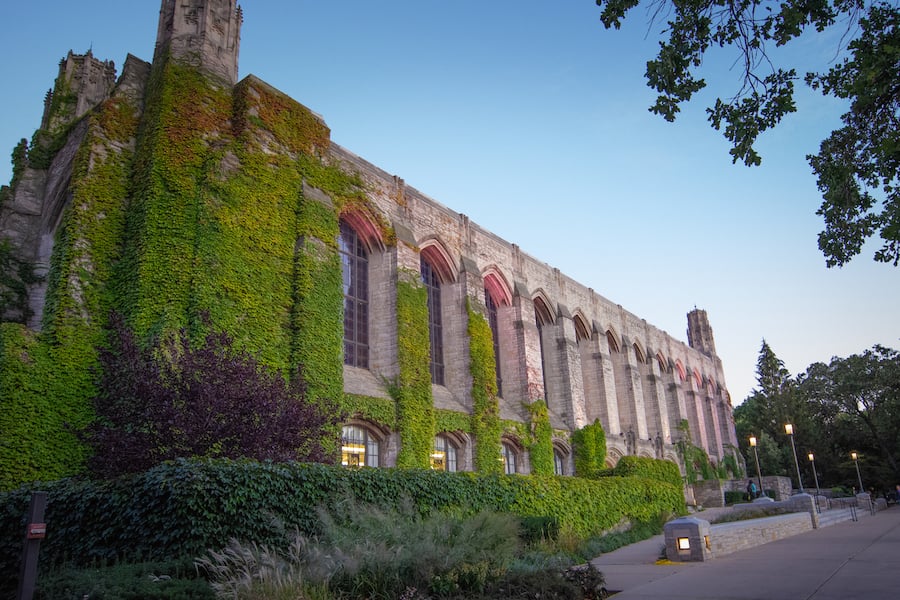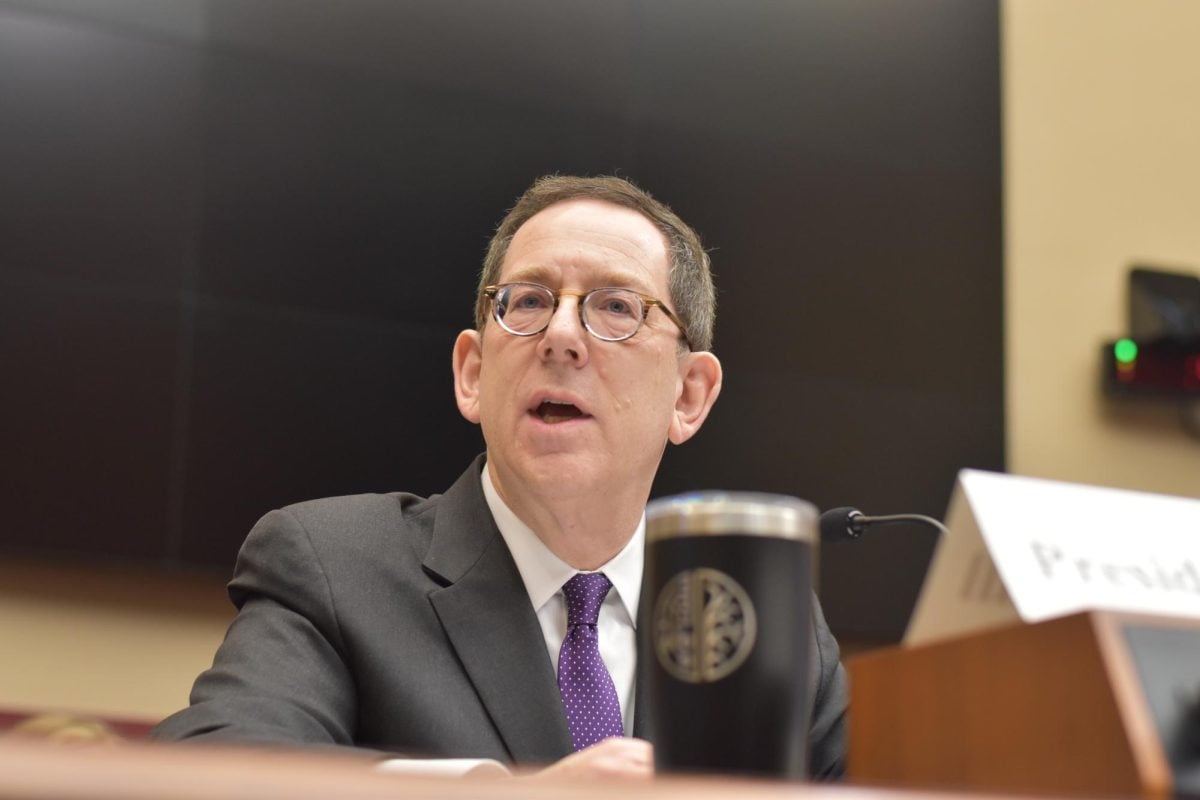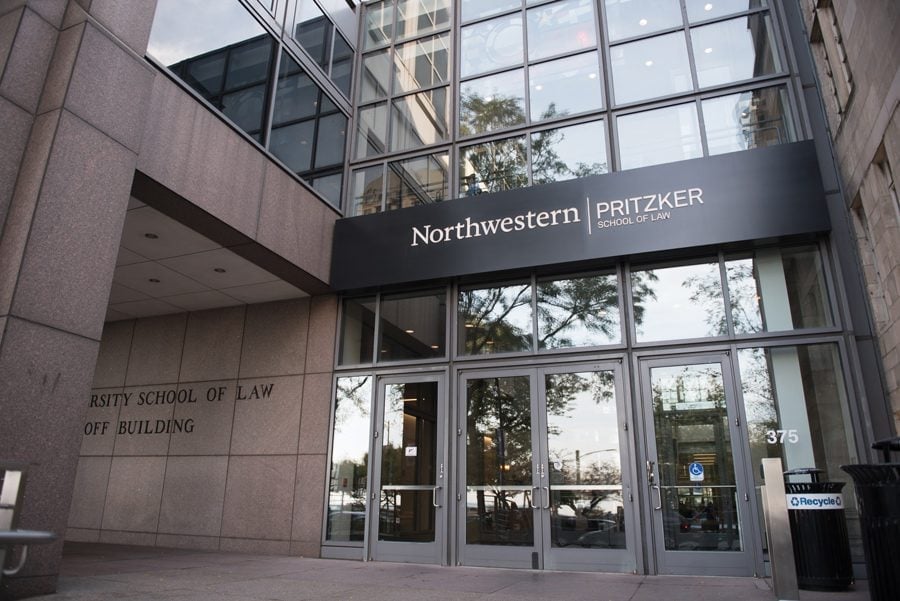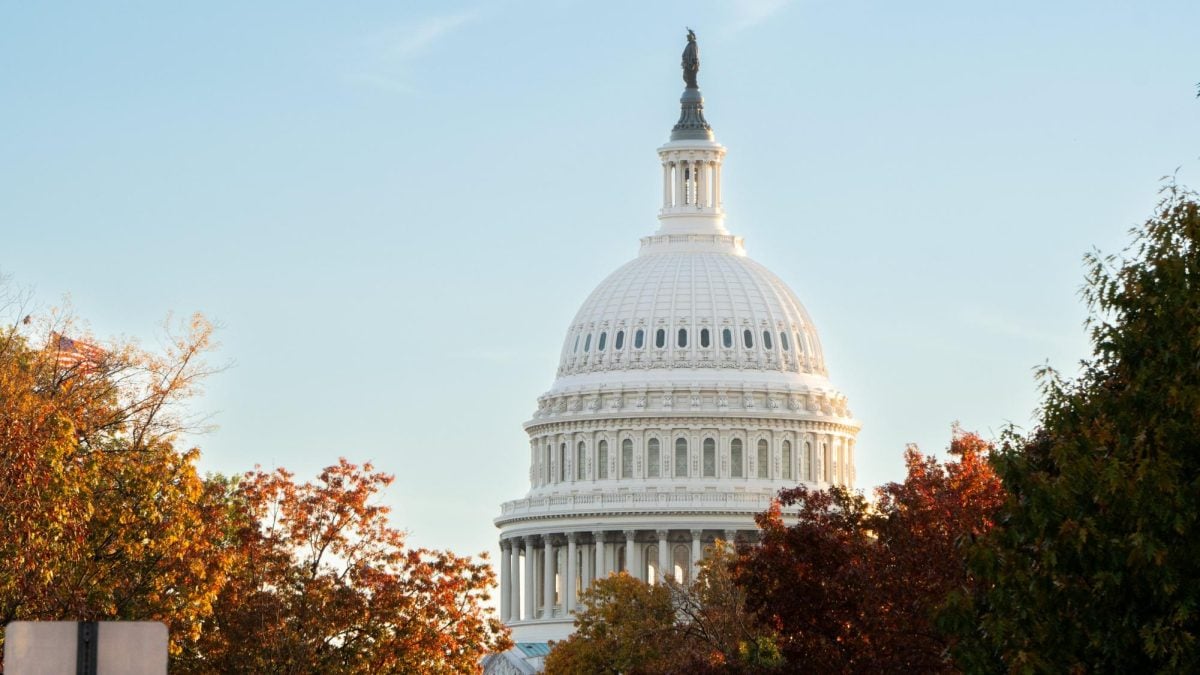If the yearly cost of attendance at Northwestern continues to increase at a rate that President Morton Schapiro predicts will put it at $100,000 by 2025, administrators say financial aid packages will keep up with its growth.
“I expect aid packages to increase more rapidly than sticker prices, so that the percentage of after-tax income that goes to private higher education will continue to fall as it has been doing since 2000,” Schapiro wrote in an email to The Daily.
To counteract its high tuition, NU is spending $106 million on undergraduate financial aid for the 2011-2012 academic year, up from $94 million last year, said associate provost Michael Mills. These numbers do not include money granted in athletic scholarships.
For every one percent that tuition rises, NU increases its aid budget two to three percent to minimize the cost for financial aid students. Mills said the amount of aid granted in the form of scholarships is increasing faster than student loans, as the University instituted a federal loan cap of $20,000 per student four years ago.
Schapiro based his November prediction (that the cost of four years at NU could one day approach half a million dollars) on the rising rate of tuition and overall cost of attendance over the past several years. From 2009-2010 to 2010-2011 the annual estimated cost to attend NU rose 4.5 percent, a trend administrators expect to continue.
“It’s sort of shocking, but it’s sort of inevitable when you think about the logic behind it,” Mills said.
In October, a Forbes report pegged NU as the ninth most expensive university in the country, with a yearly cost of attendance totaling $56,406 for the 2010-2011 school year. Mills said this year’s cost of attendance will come out to about $58,000 for students living on campus.
While NU is making sure its financial aid packages outpace the rising cost of attendance, only a limited portion of the student body receives aid from the school. About 55 percent of freshmen do not qualify for financial aid at NU and must foot the entire bill, Mills said.
“For people who receive financial aid, Northwestern is actually becoming less expensive,” Mills said. “It’s really the people who are not qualifying for financial aid that are facing these stiff costs.”
If the cost of attendance continues to rise at its current rate, Mills expects more NU students to begin seeking financial aid, he said.
Communication junior Adrienne Dunk is part of the group of students that does not qualify for financial aid at NU. She said while the NU financial aid system does not work in her favor specifically, there are ways for students to receive aid if their financial situation changes from one year to the next.
“It’d be nice if there was a wider breadth of financial aid,” Dunk said. “But people hit by the bad economy can report that.”
The rising cost of tuition at universities across the country has caused many students to question whether a college education is worth so much money. Medill junior William Robinson-Smith, who receives financial aid, said the prospect of spending $100,000 per year for college is “terrifying” and he is glad to be graduating before tuition gets to that point.
“It is really hard,” he said. “It’s taxing and a little bit daunting to think about coming out on the other side with that many student loans.”
Robinson-Smith said while he still believes a college education is valuable, he thinks the high cost of NU could water down the caliber of its students in the future as some seek cheaper educations.
For now, the number of NU applicants continues to grow every year despite its hefty price tag. Last year, 30,900 students applied to NU, and Mills said the University has already received 31,500 applications for the class of 2016. Early decision applications have also risen in recent years, with the University reporting a 15 percent increase for the class of 2016.
As the cost of college continues to climb, Schapiro said he still considers higher education well worth the investment.
“The economic payoff to a higher education degree – particularly one from a highly selective private university – is expected to continue to increase, making a college degree a very good value,” Schapiro wrote in the email.

